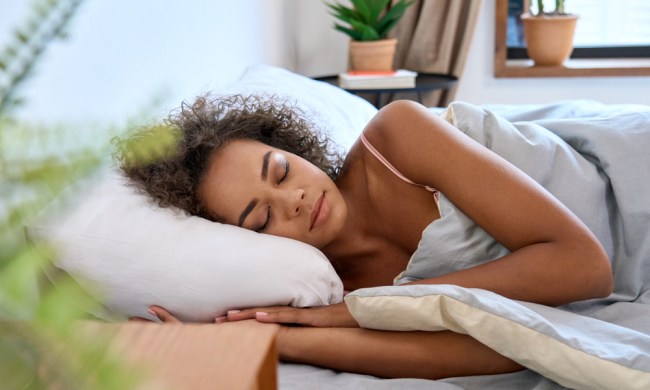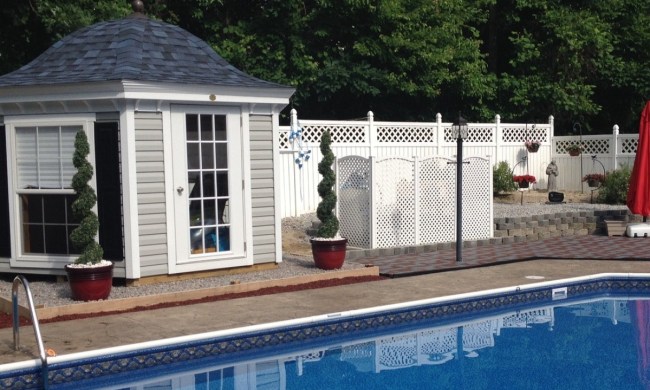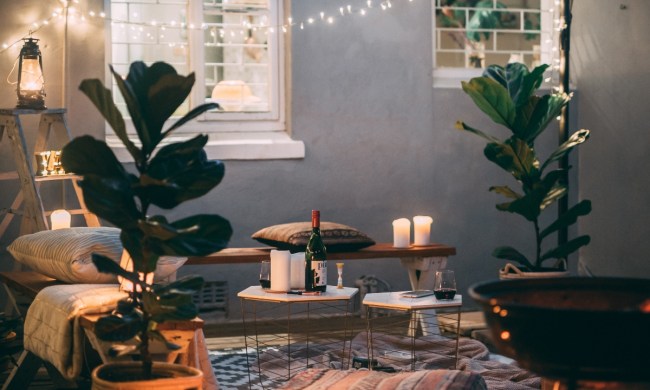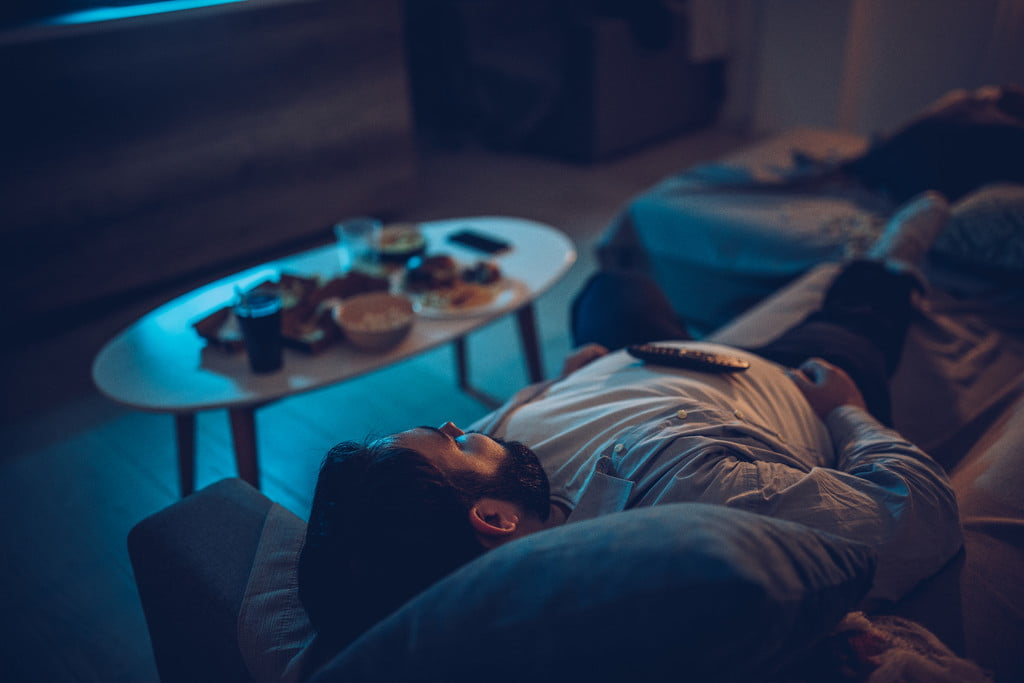
At this point, most people are aware that screen time before bed is a bad idea. Also, it’s important to understand why sleeping with lights on is bad for you in general. Staring at your phone, tablet, or computer before bed is not a great way to attain quality sleep. Since handheld devices have taken over, many people forget that the old fashioned television is also bad when it comes to sleep. Falling asleep with the TV one is one thing, but sleeping with it on all night is next-level bad for you. If you’re in the habit of sleeping with the TV on, keep reading to find out why you should change that habit.
Background noise and blue light
A lot of people find the background noise of the TV soothing while falling asleep. For others, the TV’s sound helps them take their mind off other thoughts from the day. Furthermore, falling asleep to a show or movie that you’ve seen multiple times can offer a sense of comfort and familiarity that people feel lulls them to sleep.
However, the blue light that your TV gives off can mess with your sleep quality by suppressing melatonin production. Blue light can also delay sleep onset, which is the amount of time it takes you to fall asleep. These disruptions cause your natural sleep cycle to get out of whack and make it harder to fall asleep when you need to.
Quality of sleep
A good TV show will keep you awake because you want to see what happens. Also, the flickering light on the screen and the stimulating content may keep you in the lighter sleep stages and thus cause you to miss out on the essential restorative work the body does while in a deep sleep. The brain uses the time you are asleep to reset and rearrange information — keeping the details you need and getting rid of useless information. Consolidating memories and healing muscles are things that happen while your body is in deep sleep mode.
While watching TV on an actual television is better for you than watching on a phone or tablet that is directly in front of your face, you still risk sleep quality if you watch TV before bed. In fact, our brains still process sounds when sleeping, so having the TV on all night can disrupt your slumber. During the stages just before deep sleep, your brain is aware of voices and may respond to them. Even during deep sleep, which is when dreams occur, the TV’s audio may impact what you are dreaming about.
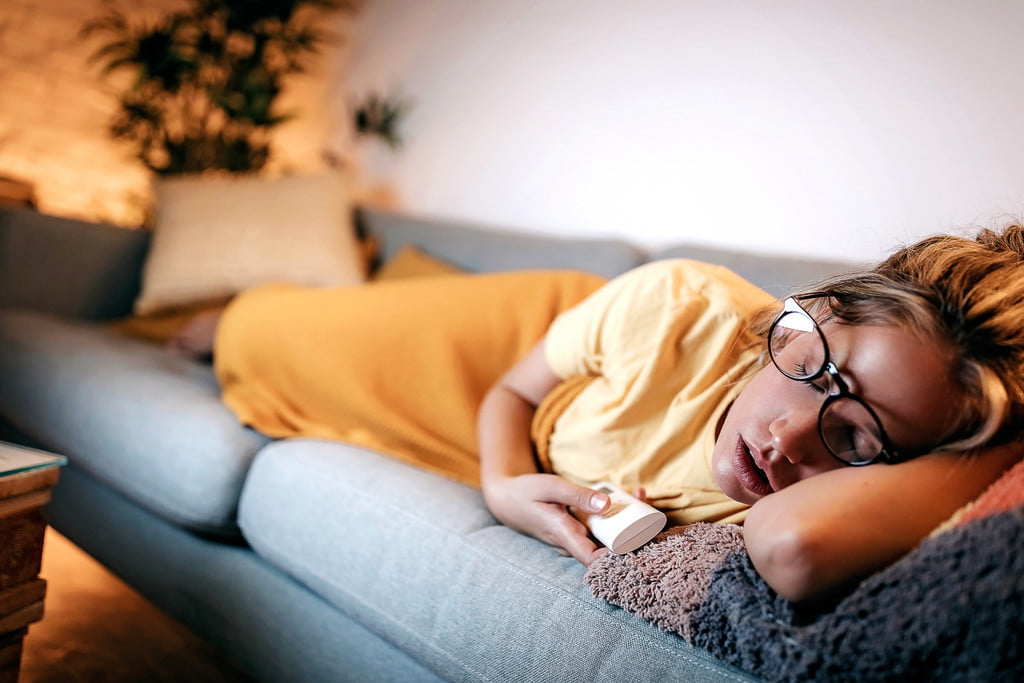
Breaking the habit
If you want to break the habit of falling asleep with the TV on, there are some steps you can take to make the transition easier. Since many people who sleep with the TV on do it to stop their minds from racing, quitting cold turkey may not work. A good way to keep the TV on while you fall asleep but ensure you eventually fall into the necessary deep sleep is to use a sleep timer or disable auto-play on your TV. Setting the TV so it eventually turns off will lower the chances that your sleep will be disrupted later in the night by the changes in sound and flickering lights.
Another strategy is to slowly decrease your TV use and replace the TV with new, calming bedtime behaviors such as reading, listening to soothing music, journaling, or meditating. Having a variety of sleep-friendly options can help you become less reliant on one specific method. If you decide to read, journal, listen to soothing music, or meditate, make sure you do it without the aid of a device that emits blue light.

